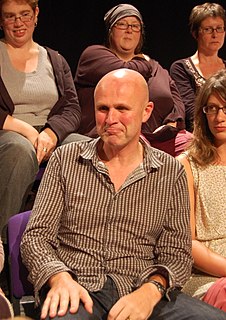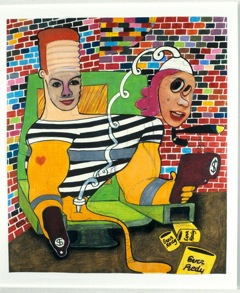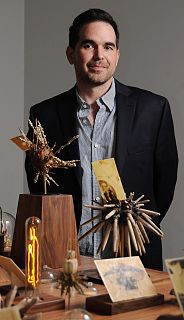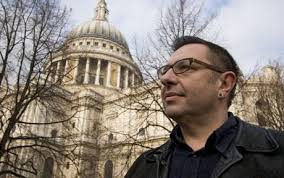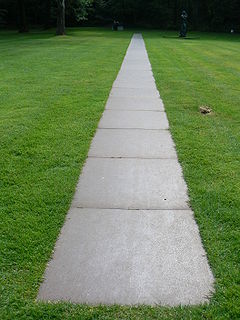A Quote by Jerry Saltz
Art is for anyone. It just isn't for everyone. Still, over the past decade, its audience has hugely grown, and that's irked those outside the art world, who get irritated at things like incomprehensibility or money.
Related Quotes
Photography was increasingly being seen as something outside the art world. As a sort of illustration. They just fired the director of photography at the Sunday Times Magazine - that's where everyone went with their photo essays in the '60s, '70s, and '80s. It was the place to get published. It is an issue. And I feel it. There's no budget. The budget-holders are very often people who've been to the professional colleges where art is not taught. So art as a part of education is something that's missing - since Thatcher's day, anyway.
art is the most general condition of the Past in the present. ... Perhaps no work of art is art. It can only become art, when it is part of the past. In this normative sense, a 'contemporary' work of art would be a contradiction - except so far as we can, in the present, assimilate the present to the past.
I won't forget those kind of things, but I just want to write them down and look at them. It's almost like when things like music come out and you're listening to a song and you have experiences with art or phenomena that supersede your simple relationship with them as just a piece of art. They're more than that. That's just what those quote are for me. They're big, they're important.
I like the boundaryless potential you get when you make work for a context that is open to interpretation. Thinking about an art context is too claustrophobic, though. I always hope that at least half my audience is not directly related to the art world. I use art as a balancing act. It's a good way of avoiding everyday chores and social obligations.
Some people are born to make great art and others are born to appreciate it. … It is a kind of talent in itself, to be an audience, whether you are the spectator in the gallery or you are listening to the voice of the world's greatest soprano. Not everyone can be the artist. There have to be those who witness the art, who love and appreciate what they have been privileged to see.
People act like art is a white thing - or not for people of colour - when, really, so much culture and art comes from people of colour. I want everyone to get into what I am doing. So sometimes I don't like to work just in an art context because it feels like a lot of people aren't going to see it. I like it to be a part of everyday life.
When you're a little kid, you just like music that makes you happy and is fun. As you get older, you reach college or your 20s and you decide that music should be challenging and all art should be smart. So you start to think it makes you like high art more to put down things you consider low art. I don't even think things are low art.





